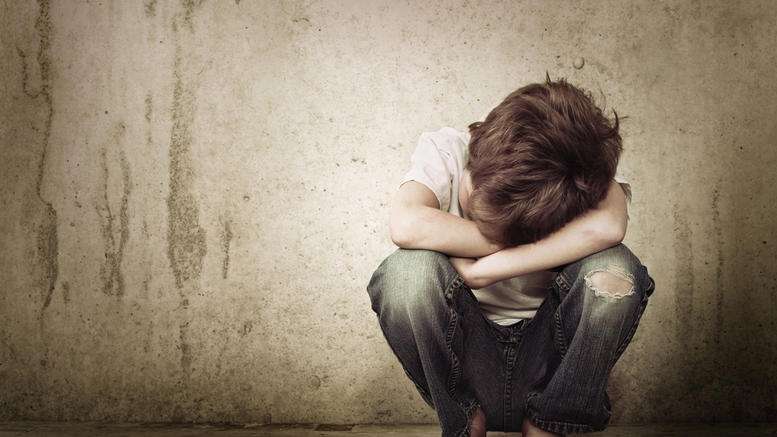According to a report from the Ministry of Labor and Social Welfare (MLSW), 27 children without parental care were adopted in the previous nine months in Kosovo, whereas 55 children were sheltered in municipalities` social centers at the same time.
Vebi Mujku, the director of the Center for Social Work in Prishtinë says that 8 children have been adopted this year in this municipality. Two children with disabilities were adopted outside the country, and another one is under adoption procedures.
He says that mainly young mothers are those who abandon their children, usually as a consequence of an unwanted pregnancy, drug use, mental problems, or because of economic conditions or betrayal, etc.
According to Mujku, the number of requests to adopt children is growing larger than the number of the abandoned children.
“The proportion is 1 to 10, which means that 10 families wait for a child since they can`t be adopted before having their status determined.”
He explains that if the mother of the child is known to them, they wait up to 364 days to see if she will change her mind. After this period, the child is considered without parental care and is added to the list of the children who wait to be adopted.
Mujku says: “after the request for the adoption of any child, MLSW checks if the family fulfils the adoption conditions, and if the court decides that everything is okay, the case enters the pre-adoption stage which lasts for three months, and then the last stage begins.”
Ismail Gashi, an official at MLSW says that the requests for adoption are usually for newborns and up to five year old children, and he adds that sometimes there is a higher interest for the adoption of male children.
“After the adoption, the Center for Social Work visits the family two times and after that, the child is considered a biological child of the adoptive parents, until the age of 18 when the child has the right to know more about his biological parents,” Mujku says.
Ora Bytyqi, program director at children`s “SOS Fshati” (SOS Village), which is an institution that shelters the abandoned children, asserts that this shelter initially took care of the children who lost their parents during the war.
Currently, “SOS Fshati” shelters 66 children and continues to supervise 9 youngsters who are almost independent.
“SOS plays the role of the bridge between the adoptive family and the child in the sense of selecting the families, and in the adoption process as well. Children`s “SOS Fshatrat” (SOS Villages) in Kosovo develop several programs for the protection of the children from 0-18 years old, such as temporarily sheltering children from 0-3 years old (short-term stay and medium-term stay) in “Dielli’ house and for the children up to 18 years old at “SOS Familja” (“SOS Family”), Bytyçi says.
She said that recently, a child sheltered at “SOS Fshati” was adopted by an Italian family.
Children who need special medical treatment and who can`t be adopted in Kosovo are usually adopted outside the country.
Otherwise, foster families get paid monthly during the time they foster the children. The monthly payment is 150€ for a child, and 250€ for fostering children with disabilities. In the first month of the child’s placement, in addition to the regular monthly payment, a so-called initial payment in the amount of 75€ is applied.
The written report of the MLSW states that 252 children have been adopted in the last seven years in Kosovo. According to this report, children have mostly been adopted in 2010 and 2015, 46 per each year.
Puhiza Bekolli








